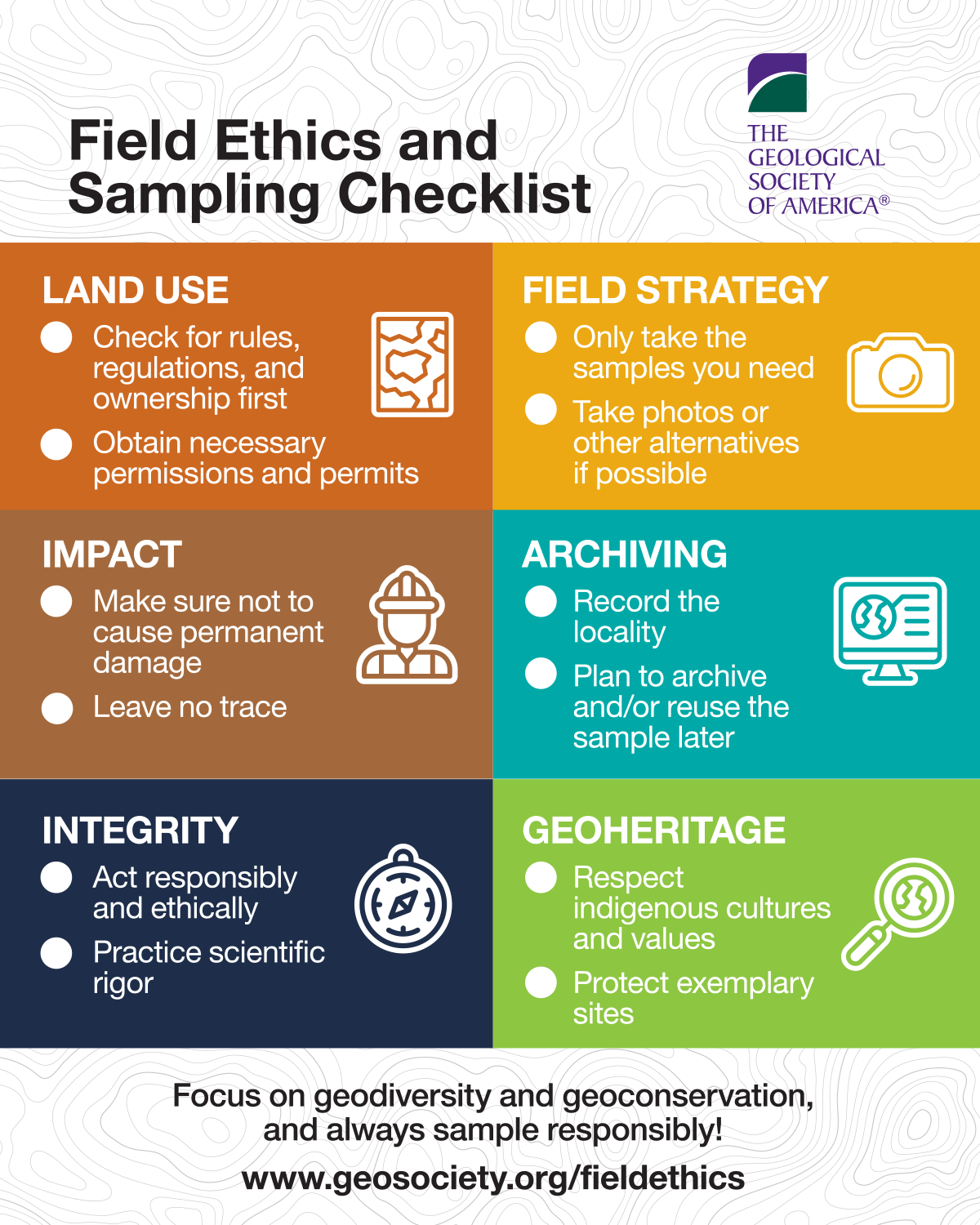I have always been an academic geologist, not applied, so I can't advise you from personal experience about what skills are most valuable for the different applied geology fields. But I ran across this blog post from the Association of Environmental & Engineering Geologist (AEG) "How Important is Field Work to My Career as an Applied Geologist?" that I think you'll find valuable. Long story short – field experience is incredibly valuable whether you're planning an academic or applied career. In fact, in a survey of job ads for geoscientists "Critical workforce skills for bachelor-level geoscientists: An analysis of geoscience job advertisements", the most common skills geoscience employers are looking for are written communication (67%), field skills (63%), planning (53%), and driving (51%)
You might also be interested in my other posts related to geological field work:
"Field camp is a really good thing"
"Find the geology field camp that's right for you"
"How to prepare for the field and what to pack"
"Potential dangers of working in the field"
And if you're planning to take a geology field camp course, check out my "Research grants, Fellowships, and Scholarships" post that includes some funding opportunities that may help with the cost of field camp.
There are other great ways to get field experience outside of field camp. These opportunities won't count toward the 5 semester units of field instruction required for the ASBOG/Professional Geologist certification, but they are nonetheless great ways to get more field experience in different geographic areas and different sub-fields within geology (hydrogeology, paleontology, soils, glaciology, karst, etc.):
GeoCorps Enterprise (paid geoscience projects with industry)
Be sure to check out the Field Ethics and Sampling Checklist and the GSA Today article "Establishing an ethic of sampling for future generations of geoscientists" that gives more details:

Good luck!



